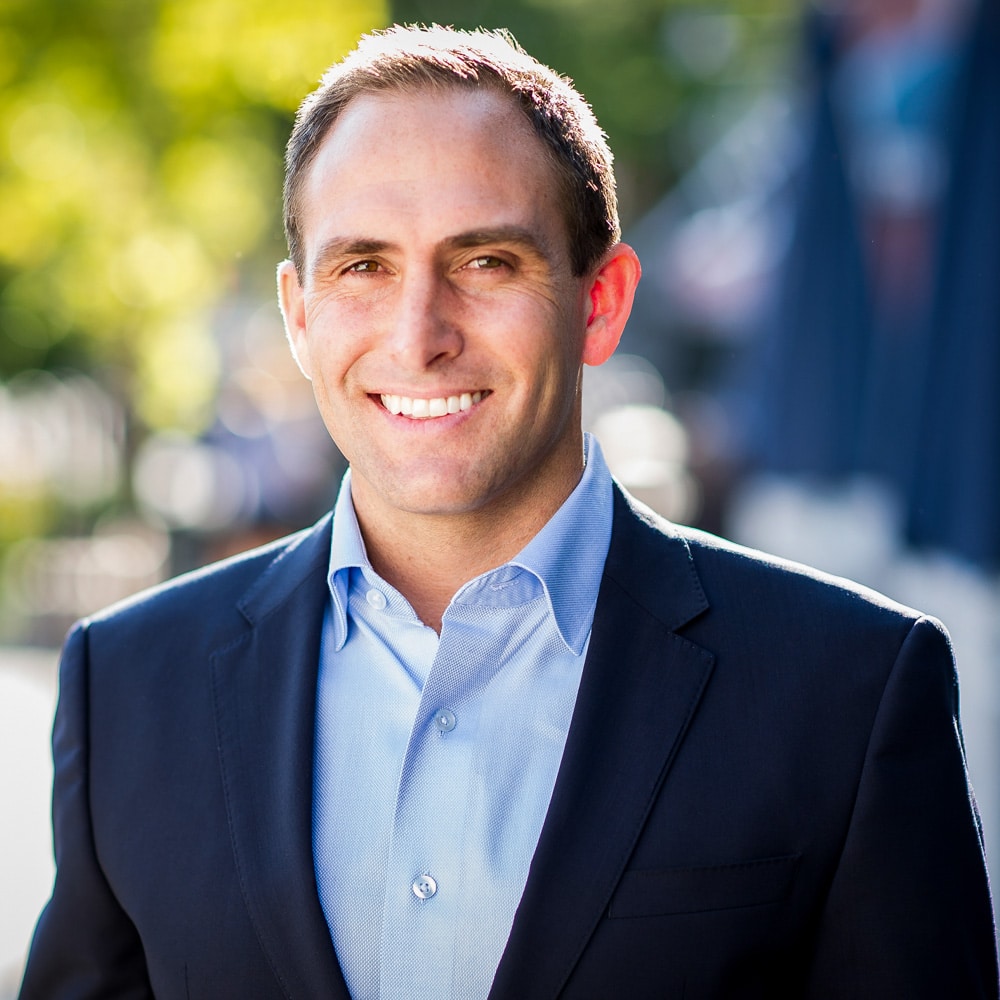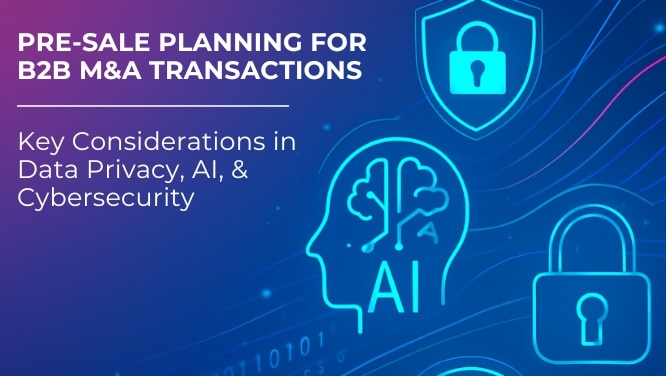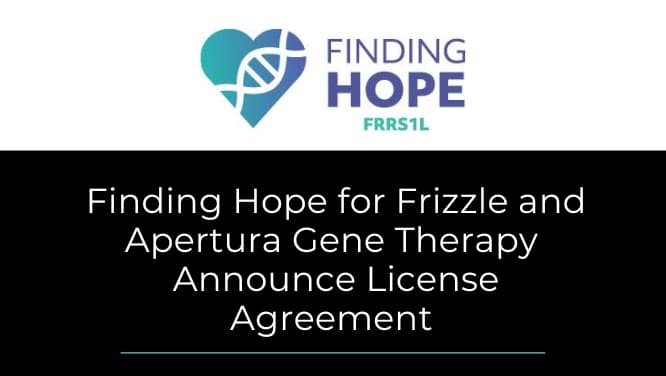Growth Strategies: 4 Things Your Business Can Learn from Simple Energy (Now Uplight) Founder Justin Segall

- Dan Fredrickson
- |
- May 22, 2019
KO partner and contracts subscription practice lead Dan Fredrickson recently sat down with Simple Energy’s (now Uplight) founder and president Justin Segall to discuss several strategies that helped the company double its revenue in 2018 and increase its client base 50 percent to reach more than 40 million households in North America.
DF: 2018 was a huge year for Simple Energy and you’ve proven your ability to scale. What are the keys to your success and how have you managed your growth?
JS: “We’re extremely proud of our company’s evolution over the past year. The pace has pushed us to be really intentional about how we tackle the challenges and opportunities that come with growth.
We’ve leveraged our deep customer partnerships, multi-faceted revenue and growth capital to expand our capabilities and parts of our team. We are investing in more engineering, product and partner success professionals to grow our level of service and continued advancements for utility clients and consumers.
We’ve also been able to keep pace by carefully considering when to hire in-house and when to outsource. We made a strategic decision to stick to what we do best – providing utility-branded marketplaces and customer engagement software – and then outsource certain specialized skills, like legal counsel and commercial contracts work to experts like your team at KO. One of our core values is “One Team” –– the notion that all of us at Simple Energy are working together seamlessly towards a common mission. So, when we are considering a partnership, it is about much more than a matter of passing off projects. We only partner with companies that understand our goals and mission and are aligned to help our team reach them.
By truly understanding the broader context of our organization, and the ambitious goals we aim to reach, you are able to ask better questions and provide higher quality legal service without additional diligence for each new project.
DF: What’s your advice to any company trying to grow and scale?
JS: Maintain a strong founder’s mentality. By founder’s mentality, I mean the combination of a sense of insurgency (the belief that you are waging war on your industry from the inside), internal mission alignment that resonates across the all levels of the company and a distaste for complexity and bureaucracy.
The Harvard Business Review found that 85% of executives blame internal factors for their shortfall, not external ones. They also found that companies that share these characteristics are much more likely to succeed than others. At Simple Energy, we are extremely intentional about how we build our culture to align with this founder’s mentality.
Each employee is closely values aligned, and we frequently discuss our mission and the end purpose of the work we are doing. As we become larger, internal factors become even more crucial. We are thoughtful about how we plan to grow and continue to drive change through a founder’s mentality. Maintaining this internal focus has been key to our success and I would recommend this focus to all companies hoping to grow and scale.
DF: With the fluctuating, transactional nature of the energy industry, how important is it to minimize expense volatility whenever possible?
JS: “It’s critically important. Even though we are a software company, having large enterprise customers (utilities) means inherently lumpy transactions and thus expenses. There are times with very few deals and others with dozens in contracting at once. Managing these peaks and valleys with confidence in the team who is doing the work and maintaining predictable expenses without having to go in house has been very helpful for our planning and partnership.
As you know, when our growth began to accelerate, we saw a lot volatility in our legal needs – and other areas of the business as well, which equated to a lot of volatility in fees. Protecting the business and keeping agreements moving was essential, but we needed to manage the spike in expenses. We had to make a decision – do we hire in-house counsel? A contracts person? None of those solutions gave us the right combination of quality and control, which is why we chose the contracts subscription model instead.
In addition to our existing relationship with KO, it really struck me that you were willing to try something totally new – something that had not been done before – to accommodate our changing needs in a way that worked well for both organizations. It was a very collaborative process, ensuring that we weren’t paying for services we don’t use, while building cost certainty and flexibility into our business model.
Minimizing expense volatility with legal services allows us to keep our team focused on key business objectives like accelerating momentum for utilities to enable a more consumer-centric and environmentally sustainable energy system.”
DF: Innovation has been key to your success as a startup in the utility industry. Can you explain your role in your partnerships with utilities, and how you have been successful in innovating within an industry that is generally averse to change?
Utilities have historically lacked any sort of customer-centric focus — they’ve never really had to think about how to please their customers, until now.
Customers today are demanding more and more from the brands they interact with, including their utilities. On top of the changing customer landscape, utilities are receiving more pressure than ever to respond to climate change. These two major market shifts are fundamentally transforming the utility industry.
Our role is centered upon enabling utilities to be part of clean energy ecosystem and to place customers at the center of their operations to both improve the customer experience and decrease greenhouse gas emissions. We are able to successfully address these market changes with our software products through agile product development and “Challenger” partnership style.
With the energy landscape shifting more quickly than ever before, innovation is at the center of our business. We develop new products quickly using Agile methodology and customer-centric design thinking and run extensive user tests during development. We continuously iterate on products once they have launched to make sure we get them right. We have set out an intentional roadmap of software products that will help us reach our goals, but we are flexible when conditions change.
We also challenge the industry’s conventional thinking. Our philosophy around our partnerships is that we are working together towards a common goal that delivers end-user and business value. We do not develop every product or feature that our clients ask for. Rather, we guide partners towards products that will result in happier customers, energy savings, and business outcomes. When we do these things, we move toward our mission to motivate and enable people to take energy-wise actions and help utilities be a part of the clean energy ecosystem. We do this to create a sustainable future.
Justin Segall is the founder and president of Simple Energy (now Uplight), an energy customer engagement software company based in Boulder, Colo. Simple Energy is revolutionizing how utilities engage customers and how millions of people make energy-wise decisions.
Dan Fredrickson is a partner and head of the contracts subscription service at Koenig, Oelsner, Taylor, Schoenfeld & Gaddis PC (KO), an innovative, Colorado-based corporate and commercial law firm that specializes in serving energy, technology, life sciences, consumer products, professional services, financial services, manufacturing and ancillary cannabis industries.




